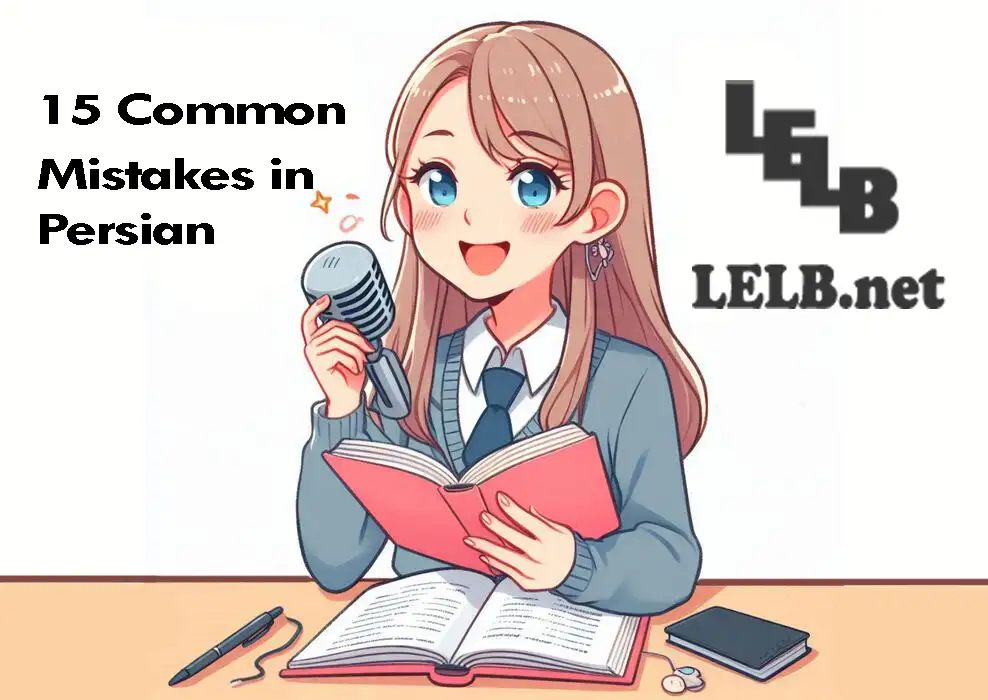Common Grammar Mistakes in English Common Grammar Mistakes in English The Outline of This Lesson on Common Grammar Mistakes Today morning, I woke up late. ➡ This morning, I woke up late. "This morning" makes a common collocation in English, while "today morning" is not a collocation at all. What's the different? ➡ What's the difference? We need a noun in this question. You can say: What's the different point of view? I met John two years before. ➡ I met John two years ago. You cannot use "before" at the end of the sentence. Instead, it should be followed ...
Home » English Grammar Lessons with Videos » Common Grammar Mistakes in English

Common Grammar Mistakes in English
Updated: by Dr. Mohammad Hossein Hariri Asl
Time to Read: 4 minutes | 332 Views | No Comments on Common Grammar Mistakes in English
Share This Post
About the Author
Dr. Mohammad Hossein Hariri Asl is an English and Persian instructor, educator, researcher, inventor, published author, blogger, SEO expert, website developer, entrepreneur, and the creator of LELB Society. He's got a PhD in TEFL (Teaching English as a Foreign Language).
Number of Posts: 4242


